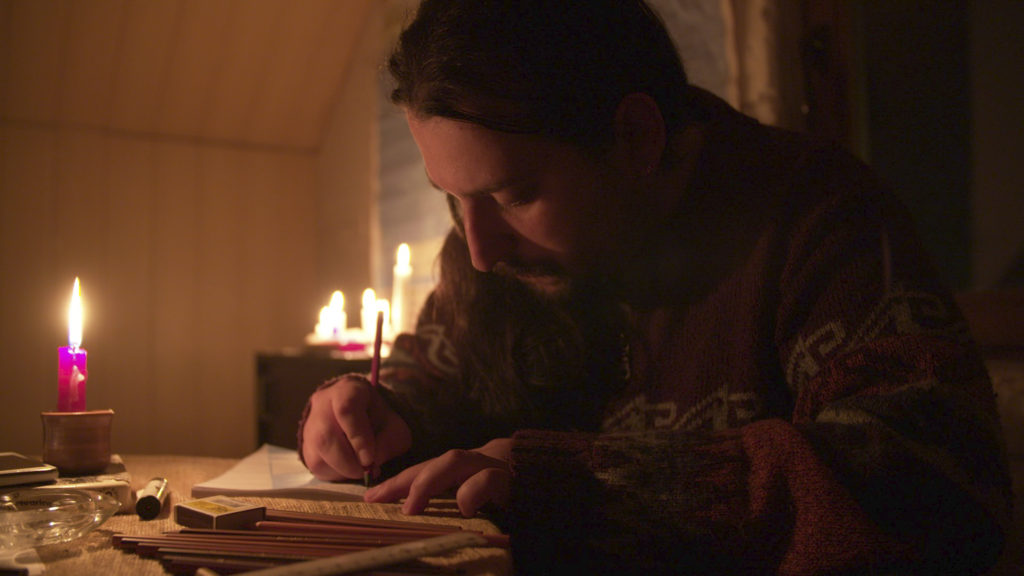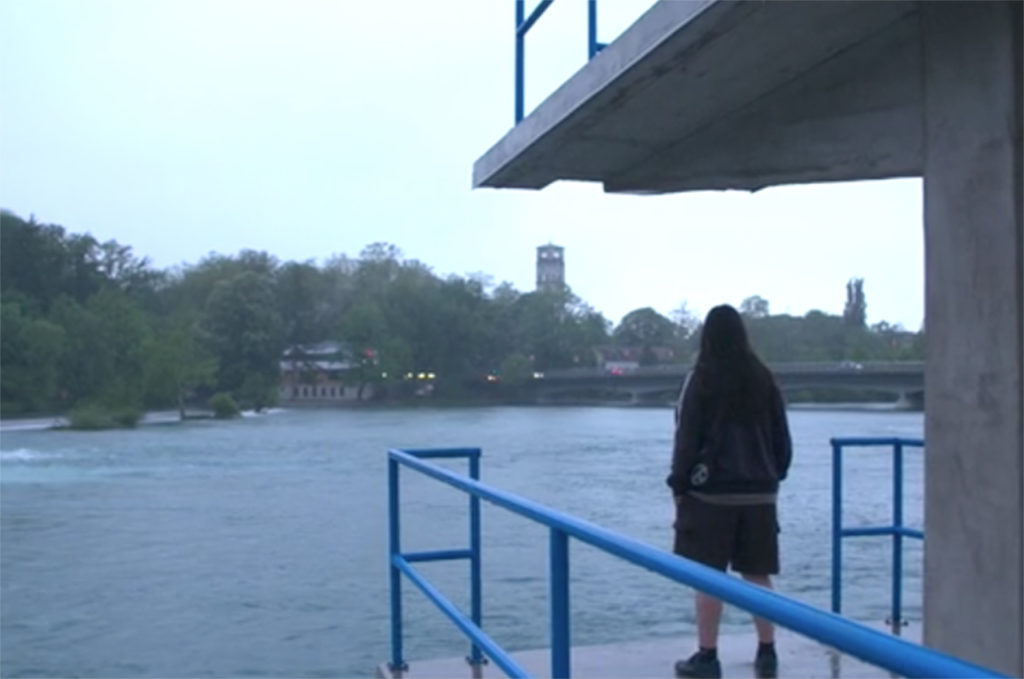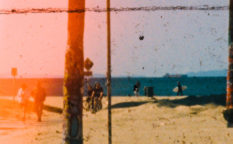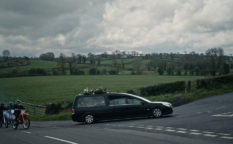Review: Infidel (2020)

Is there a possibility of a normal life after the period of the religious radicalization? Can a person just return to the society? What about the stigma, does it stay forever? And, finally, what about the emotional scars from parting with the community and one’s own family over the disputes about the beliefs? Those are the questions Nejra Latić Hulusić asks in her latest documentary Infidel that had its world premiere at the digital edition of the 19th DokuFest in Prizren.
Latić Hulusić is a renowned journalist, author, filmmaker and editor from Bosnia and Herzegovina, best known for her previous documentary Undercovered (2017) that added up to the debate about the right of Muslim women to wear the headscarf in public. Her newest film shares a bit of the investigative DNA with the previous one, but it is predominantly a portrait of a person who could be described as a common man who was unlucky enough to get involved with some wrong people and ideas and to get into the trouble.
For the most of people outside of Bosnia and Herzegovina, the name of Dino Pečenković doesm’t ring any bells. His involvement with Mevlid Jašarević’s terrorist attack on the American Embassy in Sarajevo, for which he was also tried as an accomplice, is more of a footnote. Pečenković drove Jašarević to Sarajevo in his car without any knowledge of the latter’s plans. However, the two were neighbours in the village of Gornja Maoča, known for being an epicenter of Islamic radicalism and even terrorism in the former Yugoslav republic, meaning that Dino was a part of the radical Wahabi sect.
In the documentary that feels and looks like his open-hearted confession, Dino states that he never shared the zeal, and that he was merely following his radicalized father who joined the movement after the war in Bosnia. Underage, or barely over the legal age of consent at that time, Dino had a little saying in the whole thing. After his brief stint in jail during the investigation, he moved back to his hometown of Bihać trying to rebuild his life and create a normal environment for himself by finding an employment and a significant other to start a family with.
Infidel is his story that Latić Hulusić packs with precision and a good sense of measure into an unbiased documentary that tackles not just the events, re-told by Dino from his own standpoint and in his own words, but also on his feelings on a number of topics. Dino’s stance on radicalization and his involvement with the movement is, however, just an opening to the real issue that occupies his mind: the shift in the family dynamics caused by his father “leadership” and his own return to secularism. Towards the end of the film, in on of culminating scenes, he is called an “infidel” by his father who means it as an insult.
Over the course of the film, Latić Hulusić tries to present Dino as a nice, normal guy he probably is. Sporting a rock n’ roll image, with a long hair and a goatee, busy with the work in and around his house for the most of the runtime, he simply seems too ordinary, friendly, sincere and nice to be a die-hard Islamist, let alone a terrorist mastermind. The filmmaker lets him speak without interrupting him, always staying close through the hand-held camera operated by the cinematographer Amel Đikoli, without ever being intrusive. The only sort of manipulation with Dino’s testimony is being established elegantly, through well-designed montage sequences of news about the terrorist attack, and through the music by Adnan Mušanović that adds to the atmospheric feel of the story. The quietness of the piano at the start gets louder and transforms into an orchestration in the crucial scene, in which both Dino and Latić Husulić drive the point home.
Infidel is certainly a necessary documentary for the country that still battles with the radical, fundamentalist interpretation of the religion. However, its format (63 minutes) and style makes it more suitable for television than for the theatrical screenings.

Original title: Ćafir
Year : 2020
Runtime: 63’
Country: Bosnia and Herzegovina
Language: Bosnian
Directed by: Nejra Latić Hulusić
With: Dino Pečenković
Cinematography by: Amel Đikoli
Editing by: Nejra Latić Hulusić
Music by: Adnan Mušanović
Sound design by: Adnan Mušanović
Sound by: Vanja Kurotvić
Graphic design by: Aida Sadžak
Colourist: Faris Dobrača
Produced by: Sabrina Begović-Ćorić
Executive producer: Emina Daut
Production company: Hava
Supported by: Cinema Fund Sarajevo, Ministry of Culture and Sport Sarajevo canton, Open society Fund Bosnia and Herzegovina, ZagrebDox Pro
















